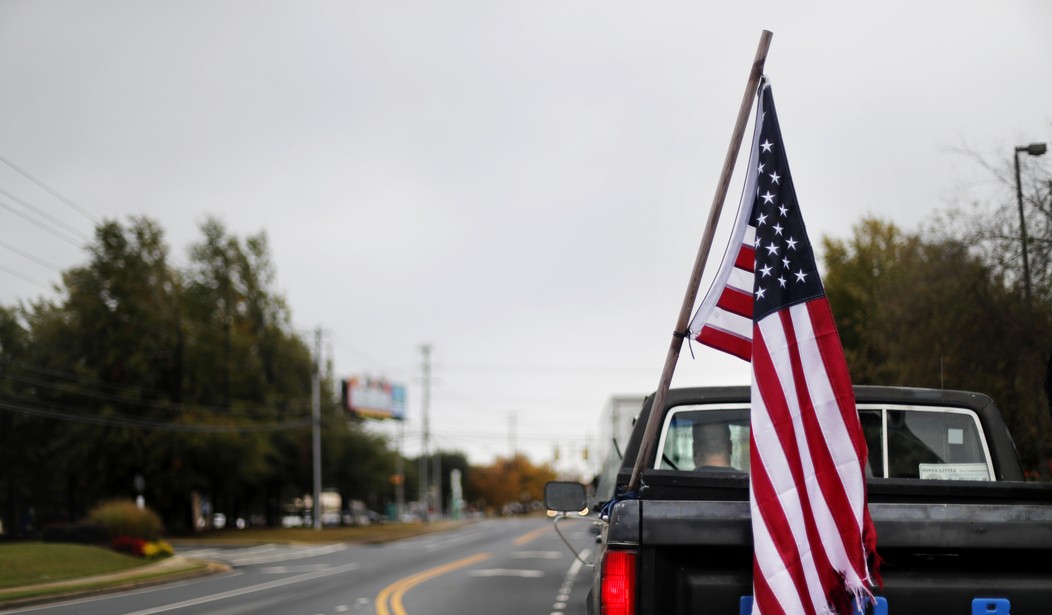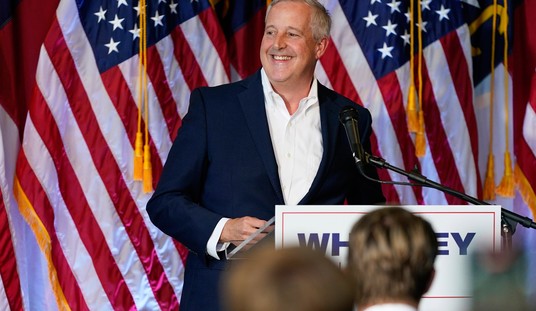When I was in high school during the coronavirus pandemic, my version of a teenage rebellion was to go on drives along the California coast while telling my parents that I was going for a short drive.
I grew up in Orange County, California, but once my parents moved the summer after graduating, I became a Tennessee resident right before I headed to college in Arizona. And now that I’m back this summer, I’ve spent quite a bit of time exploring a part of the United States that looks very different than anywhere I’ve ever known.
Many afternoons, I’ve made an effort to go out in the southern humidity and drive in any direction out of my suburb. Sometimes I’ll go explore the small towns nearby, whereas other days I love to just take a look at all the farmland. My drives on the coast used to always be either soft music playing in the background or silence. There’s power in a silent car ride to talk with God. There’s something about the ocean and a steering wheel that helps me hear His voice just a little bit clearer. I learned quickly that it also works with corn and wheat fields.
I also quickly observed the difference in lifestyle that a lot of people have in those areas, and it’s far more nuanced than what most of the media would like to believe. In my part of Middle Tennessee, the backroads can go from rundown mobile homes to giant mansions within a mile of each other. There’s a lot of visible poverty, but there’s also a lot of wealth being poured into some small towns. Both sides of the story, in this case, need to be covered. There’s still a massive poverty issue in rural America, but there also needs to be a look at any shifts in political dynamics with the people moving to these areas and setting up shop in new construction homes.
There seems to be a lot of value in understanding different parts of the country, especially if you came from an area known for coastal elitism like myself. I had no clue USPS rural carriers were a thing, and I never saw a tractor crossing sign. It sounds dumb, but there’s a lesson in that: There a people who are making policy who for the people that live in the areas that have absolutely no clue what these areas even look like.
A climate activist in San Fransico who’s spent no time in California Central Valley, for example, has no business dictating how they should be conducting their business. Of course, hard-working farmers in California deal with that all the time.
The Heartland is not a monolith, and it should not be treated as such. But politics aside, the Heartland is a beautiful reminder of God’s wonderful creation through nature and how there are millions of people who humbly serve His kingdom and an amazing country. My hope is that those who have never done more than a quick pass-through of rural America on a road trip get a chance to truly spend some time there at one point. They may learn much more than they expected.












